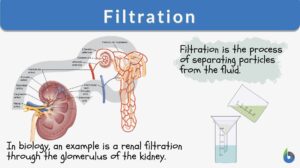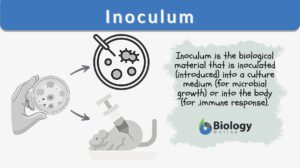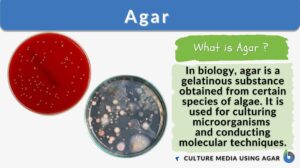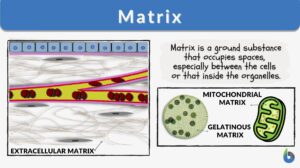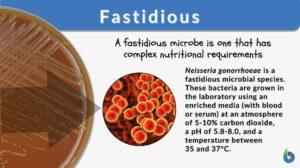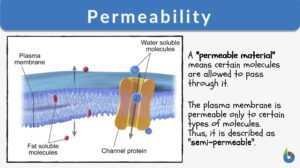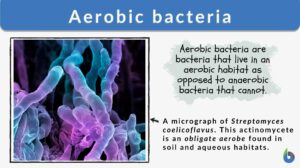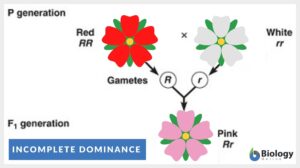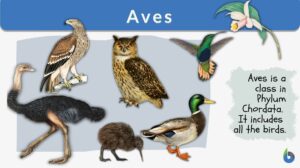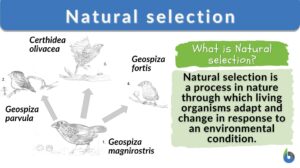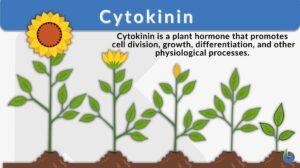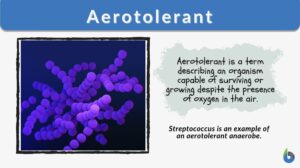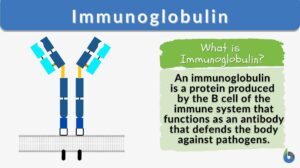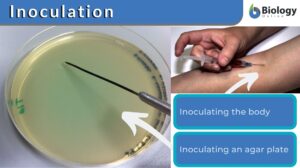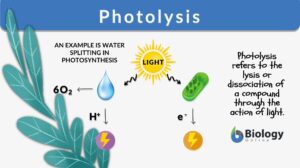Search Results for: medium
Nutrient medium
nutrient medium --> culture medium A substance, either solid or liquid, used for the cultivation, isolation,... Read More
Culture medium
Culture medium a substance, either solid or liquid, used for the cultivation, isolation, identification, or storage of... Read More
Filtration
Filtration Definition What is filtration? Filtration is separating a solid from a fluid through a porous material that... Read More
Growth medium
Growth medium (Science: cell culture) a synthetic medium which is filled with nutrients necessary to the growth of... Read More
Differential medium
Differential medium a medium which is used to differentiate different types of microorganisms based on their different... Read More
Basal medium
Basal medium (Science: cell culture) An unsupplemented medium which promotes the growth of many types of microorganisms... Read More
Fastidious
Fastidious Definition We can define fastidious as a term used in microbiology to denote a species that lacks the ability to... Read More
Permeability
Permeability Definition What is permeability? In earth science, its definition is this: "the ability of any material such... Read More
Aerobic bacteria
Aerobic Bacteria Definition What does aerobic mean in biology? As the name suggests, 'aerobe' in biology means organisms... Read More
Hypothesis
What Is Hypothesis? A scientific hypothesis is a foundational element of the scientific method. It's a testable statement... Read More
Trimorphism
trimorphism 1. (Science: chemistry) The property of crystallizing in three forms fundamentally distinct, as is the case with... Read More
Incomplete dominance
Incomplete Dominance Definition After Gregor Mendel discovered inheritance laws, the term ''incomplete dominance'' was... Read More
The consequences of antibiotic use in horticulture
Leading articles Frederick R. Falkiner* Department of Clinical Microbiology, Trinity College, Dublin; Central Pathology... Read More
Natural selection
Natural Selection Definition What is natural selection in biology? Natural selection is defined as a process in nature... Read More
Tissue culture
Definition noun, plural: tissue cultures (1) The technique of culturing animal or plant tissue in a controlled medium away... Read More
Aerotolerant
Aerotolerant Definition The term "aerotolerant" pertains to an organism that does not require oxygen for growth but can... Read More
Chlorophyll
Why are most plants green? Have you ever had the same question? Perhaps, you’ve been told that the plants are green... Read More
Aqueous solution
Definition noun, plural: aqueous solutions A solution wherein water is the dissolving medium or solvent Supplement Solution,... Read More
Nucleic acid
Nucleic Acid Definition A nucleic acid refers to any of the group of complex compounds consisting of chains of monomers of... Read More
Tissue embedding
tissue embedding The technique of placing cells or tissue in a supporting medium so that thin sections can be cut using a... Read More
Elective culture
Elective culture a method of isolating microorganisms capable of utilizing a specific substrate by incubating an inoculum in... Read More
Anther culture
Anther culture a plant culturing technique in which immature pollen is made to divide andgrow into tissue (either callus or... Read More
Amphipathic
Amphipathic Definition Amphipathic is a word used to describe a chemical compound containing both polar (water-soluble) and... Read More
Immunoglobulin
Immunoglobulin Definition An immunoglobulin is a globulin molecule produced by the immune cells, for the body's defense... Read More
Inoculation
Inoculation Definition In Immunology, inoculation is defined as the process of introducing an antigenic substance or... Read More
Photolysis
Photolysis Definition We define photolysis as a chemical process in which chemical compounds or molecules are split into... Read More
Disruptive Selection
An evolutionary process known as disruptive selection (or disruptive natural selection) causes a population to become... Read More

